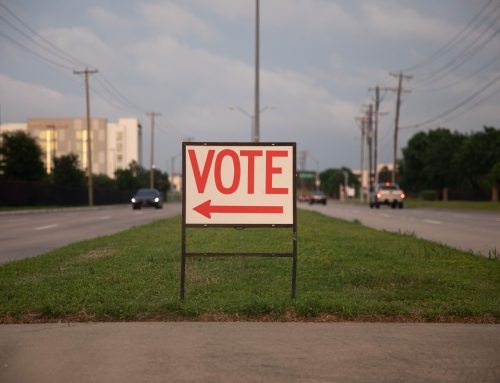A documentary called The Singing Revolution makes its Dallas debut at the Angelika this Friday, June 13. I have to admit when I sat down to watch it I wasn’t sure I possessed the focus required for a historical documentary — I’d had a trying day. Initially the narrator seemed to be going on and on about singing and what singing meant to the small country of Estonia, and the singing didn’t seem all that remarkable in and of itself. But it didn’t take long for the movie to grab me — by the end I wanted to download the Estonian national anthem (‘Land of my Fathers, Land that I Love’) and play it loud and sing along.
The story follows the painful history of Estonia, a small country located between Europe and Russia. In 1939 the Soviets overtook Estonia, killing, incarcerating and enslaving the people. Then the Nazis took the country, killing, incarcerating and enslaving the people. And then the Soviets took it back bringing further terror and staying for the next 50 or so years.
The people of Estonia miraculously maintain hope and it comes in the form of song — they draw power from their music. The narrator kept saying this in the beginning — after this scene I understood:
Every five years, Estonia’s Laulupidu song festival brought 30,000 singers to the stage and about 100,000 audience members to the festival grounds. Under Soviet rule the enormous festival was used to promote Communist propaganda, and any lyric or song indicating loyalty to old Estonia (including Estonia’s National Anthem) is forbidden. But during the 1969 festival, the Estonians — 130,000 of them — begin singing their anthem, joyfully and tearfully defying the Soviets. This event marks the beginning of their peaceful revolution.
In another powerful scene, as independence is gaining ground in Estonia, hundreds of USSR-loyal reactionaries storm the capitol building and it appears a full-blown deadly coupe is about to take place. Trapped officials radio an S.O.S. to the public — and the Estonians — possibly all of them — gather behind the Communist mob, trapping them. The Estonians do not fight. Instead they begin chanting “get out” in unison and in an organized fashion the crowd parts, allowing the Russians to in fact get out.
The scene defines the spirit of this, the first film by James Tusty and Maureen Castle Tusty — hugely optimistic. The people save their country with positive solution-oriented cohesion. Though violence has been inflicted on them for decades, it doesn’t seem to be a part of their cultural makeup.
The subject matter won’t tickle everyone’s fancy — it might be tough getting moviegoers in the theater. But those of you who opt to see this gem of a doc will surely leave with a lifted spirit and a sense that nothing is impossible.





